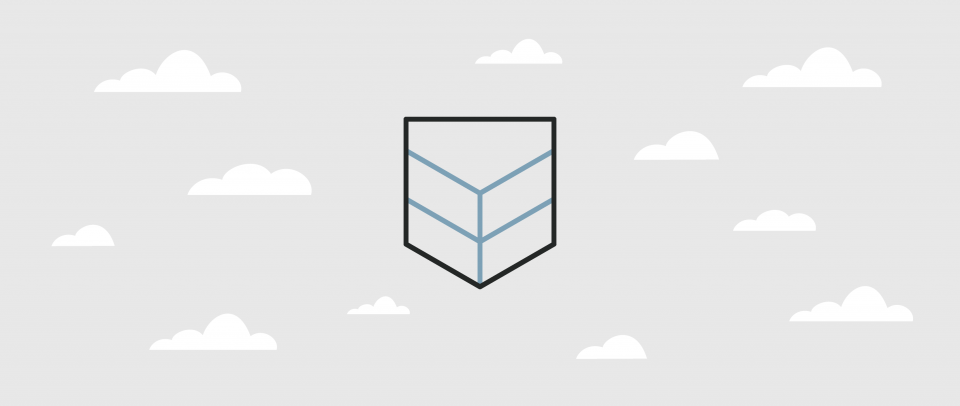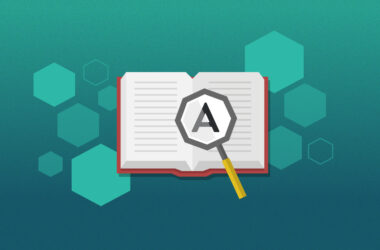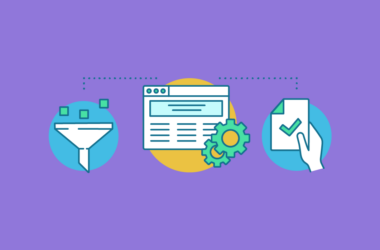Six Key Ways to Optimize Your Web Hosting
We asked CloudTech, our premium technical support team, for six ways to optimize your hosting solution. Faster sites, here you come!
1: Minimize Your Third-Party Assets: All websites request local files such as images, CSS/HTML, and various third party assets. Third-party assets require data from an outside server. It’s easy to reduce your load time by minimizing the amount of third party assets loaded and just caching the data. GTmetrix is a powerful tool that can let you evaluate the many assets your site requires to load.
2: Page Caching: Page caching is by far the fastest way to load all your website assets. Fortunately, almost every modern CMS has a plugin that will provide a page caching service, making it easier than ever to lower your site’s server footprint and load faster. Here’s a great article that breaks down all the benefits of page caching.
3: Slow Query Logging: Still sluggish? Time to check the efficiency of your MySQL queries. The longer it takes your queries to return the requested information, the longer it will take for your site to load. This becomes problematic with high traffic sites, as the time and resources it takes to load your site will grow exponentially as traffic to your site increases. Make sure your queries are efficient and, if needed, enable slow logging for MySQL.
4: Data Logging Plugins: If you’re capturing user data, chances are that you are using a plugin in your CMS to do so. If this is essential to your site, there are two ways to speed up the process: Switch your storage engine to InnoDB and/or regularly remove all obsolete data. To learn more about switching your storage engine to InnoDB, click here.
5: Image Optimization: There are two truths with images: 1/ The larger the image, the longer the load. 2/ The more images you have, even more data needs to be retrieved. The best and simplest way reduce your image size is through image compression. Here’s a great breakdown by Google on how to optimize your images.
6: Clean Your Code: An overlooked way to keep your site and database safe is to update and sanitize your site code. A great tool for this is ModSecurity, a powerful open source web application firewall that can protect you against application exploits and ensure the safety of your code.
Thanks to the CloudTech team (and David Kobayashi in particular) for their input for this article.





